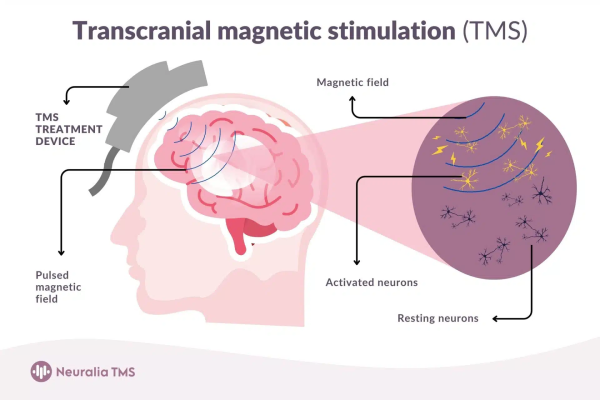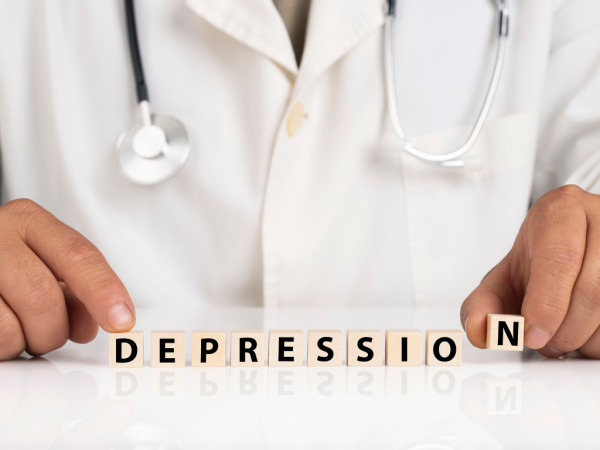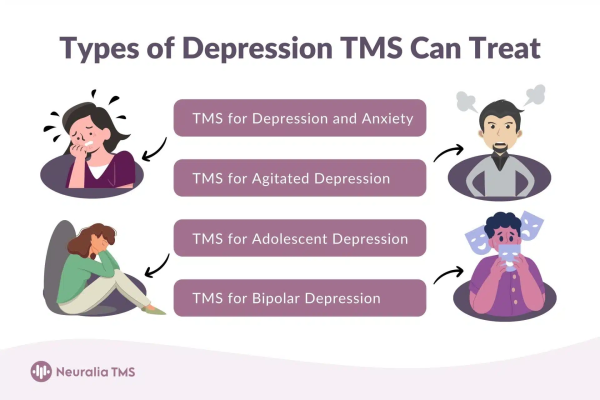Australia, 19th Nov 2025 – Neuralia TMS, a respected provider of neuromodulation treatments in Melbourne’s inner north, has reaffirmed its commitment to delivering evidence-supported Transcranial Magnetic Stimulation (TMS) therapy for individuals experiencing treatment-resistant depression. The clinic, located at Suite 102/149-155 Pascoe Vale Rd, Moonee Ponds 3039 VIC, continues to operate as a treatment centre offering structured, non-invasive therapeutic programs grounded in current clinical research.

TMS therapy has become an established component of modern mental health treatment in Australia, offering an option for individuals for whom conventional interventions have not produced sufficient improvement. The technique uses externally applied magnetic pulses to stimulate specific brain regions involved in mood regulation. This non-invasive approach allows treatment to occur without the use of medication, anaesthesia or surgical procedures, making it suitable for use within regulated outpatient clinical settings such as Neuralia TMS.
The clinic’s treatment framework reflects the broader movement within mental health care toward diversified therapeutic pathways. Depression represents a complex condition influenced by biological and psychosocial elements, and treatment plans frequently draw on multiple modalities. TMS therapy has become increasingly integrated into multidisciplinary care, supported by published research and an expanding body of clinical experience. Neuralia TMS incorporates this modality within a structured protocol designed to support consistency, safety and adherence to established standards.
Dr Shanek Wick, Medical Director at Neuralia TMS, highlighted the clinical importance of offering regulated neuromodulation within the community. “TMS therapy at Neuralia TMS provides an evidence-supported method for addressing depressive symptoms when traditional treatment avenues have presented limitations,” Dr Wick stated. “The structured application of neuromodulation reflects developments in mental health care that place emphasis on targeted, measurable interventions.”

Treatment programs at Neuralia TMS generally involve repeated sessions across several weeks, with each appointment undertaken by trained clinical team members familiar with TMS operational procedures. Session duration, treatment frequency and stimulation parameters adhere to recognised guidelines, ensuring that each course of therapy aligns with contemporary clinical recommendations. Thorough monitoring supports continuity and allows clinicians to observe patient response within a controlled framework.
In addition to TMS therapy, Neuralia TMS delivers supplementary services that contribute to broader treatment planning. Transcranial Direct Current Stimulation (tDCS) is available as an at-home neuromodulation option for individuals for whom ongoing structured support is clinically appropriate. The clinic also offers pharmacogenetic testing, which provides clinicians with information regarding potential medication responsiveness based on genetic markers. These tools assist in building a more informed treatment plan and serve as adjuncts to professional assessment.
The expansion of neuromodulation within Australian mental health care reflects increasing interest in treatment options beyond medication alone. Research examining TMS continues to explore its potential relevance across a range of conditions, including anxiety disorders, PTSD, OCD, chronic pain and neurological conditions such as Parkinson’s disease. Neuralia TMS aligns its operational standards with current research findings and professional guidelines to ensure that treatment delivery remains consistent with evidence-supported practice.

Mental health treatment continues to evolve as new technologies and scientific insights become available. Depression, in particular, remains a leading contributor to health-related disability, creating an ongoing need for therapeutic diversity. TMS therapy functions as one of several components within broader treatment planning, supporting individuals whose circumstances require an alternative approach to traditional interventions.
Looking to the future, Dr Wick noted the significance of continuing advances in the field. “Research into neuromodulation continues to progress, revealing emerging applications and refining existing methodologies,” Dr Wick said. “Ongoing developments are expected to enhance precision, broaden accessibility and strengthen the integration of neuromodulation within mental health care.”
Neuralia TMS maintains a focus on delivering regulated neuromodulation services that align with contemporary evidence. Through ongoing refinement of treatment protocols, continued engagement with research and an emphasis on clinical oversight, the clinic aims to contribute meaningfully to the evolving landscape of mental health treatment in Australia. The organisation’s structured approach reflects broader sector-wide efforts to improve outcomes for individuals experiencing depression and related conditions.
For further information about TMS for depression, Neuralia TMS can be contacted on 03 9122 5246 or via email at info@neuralia.com.au. The clinic is located at Suite 102/149-155 Pascoe Vale Rd, Moonee Ponds 3039 VIC.
Media Contact
Organization: Neuralia TMS (Melbourne)
Contact Person: Dr Shanek Wick
Website: https://www.neuraliatms.com.au/
Email: Send Email
Contact Number: +61391225246
Address:102/ 149-155 Pascoe Vale Rd
Address 2: Moonee Ponds Vic 3039
Country:Australia
Release id:37317
Disclaimer: This information is provided for general informational purposes only and does not constitute medical advice. Individuals should consult a qualified healthcare professional for guidance specific to their circumstances.
The post Neuralia TMS Provides Proven TMS Therapy to Help Manage Depression appeared first on King Newswire. This content is provided by a third-party source.. King Newswire makes no warranties or representations in connection with it. King Newswire is a press release distribution agency and does not endorse or verify the claims made in this release. If you have any complaints or copyright concerns related to this article, please contact the company listed in the ‘Media Contact’ section
Disclaimer: The views, suggestions, and opinions expressed here are the sole responsibility of the experts. No Empire Gazette USA journalist was involved in the writing and production of this article.